#the saw is the law
Explore tagged Tumblr posts
Text
𝔖𝔬𝔡𝔬𝔪 - 𝔗𝔥𝔢 𝔖𝔞𝔴 ℑ𝔰 𝔱𝔥𝔢 𝔏𝔞𝔴
#Sodom#Better Off Dead#The Saw Is the Law#Release date:#October 1st#1990#90s#90's#Full-length#Genre:#Black/Speed Metal (early); Thrash Metal (later)#Themes:#Satanism#Blasphemy (early); War#Death#Politics#Humour#Germany
33 notes
·
View notes
Text
5 notes
·
View notes
Text

a smile so rare, it counts as a disguise :)
#one piece#luffy#trafalgar law#lulaw#honestly the marines would probably just fire anyway but oh well#i saw a pic of law smiling when he was a kid and it made me lose it#actually my work day made me lose it. but drawing this kept me together#sorry all i draw is lulaw anymore 😬
4K notes
·
View notes
Text
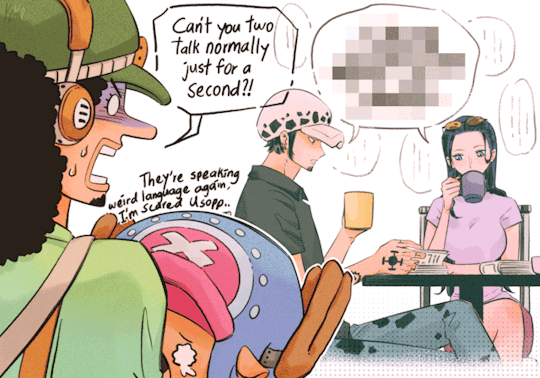
They're having book discussion~
#wym abnormal weird morbid?#thats just their love language ;)#one piece#usopp#tony tony chopper#trafalgar law#nico robin#lawbin#my art#was going to post early at first#but then i saw the op feb calendar on x/twitter#i see u i see u~~ 👀#might as well post it for robins bday then~
12K notes
·
View notes
Text










#agatha all along#agatha harkness#rio vidal#agathario#wlw#wlwedit#marvel#marveledit#mcuedit#tvgifs#tvedit#my gifs#*aaagif#rio literally bent the laws of nature for her#she did nothing wrong#it was no one's fault#but agatha still saw her as the bad guy#the way kathryn says please my love will always give me chills bc damn that came from her soul
2K notes
·
View notes
Text

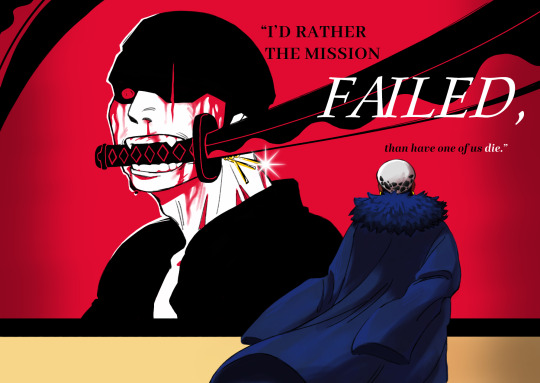
[inspired by that lovely painting of @_K0TTERl_ on twitter (creator of "Veil" manga)]
They're such a rarepair lol but once I saw the vision I cannot go back.
#lowkey hesitant to post this cuz theyre not everyone's cup of tea#but they're mine#like how did “roronoa-ya” became “zoro-ya” while the others' name stayed the same huh#i'll live for my goals x i'll die for my goals#theyre so similiar yet polar opposite at the same time#one piece#trafalgar law#lawzo#zolaw#artists on tumblr#roronoa zoro#one piece fanart#if u saw me on twt no u didnt
7K notes
·
View notes
Text



Exhume
#donquixote doflamingo#donquixote rosinante#trafalgar d water law#trafalgar law#one piece#one piece fanart#i saw one doffy with long hair a while ago and was struck with inspiration#i wanted law to visit doffy with long hair and be torn with this vision in front of him
1K notes
·
View notes
Text

#Saw this for another ship#and had to use it for Lawlu#Monkey D. Luffy#Trafalgar Law#Lawlu#Lulaw#One Piece
1K notes
·
View notes
Text
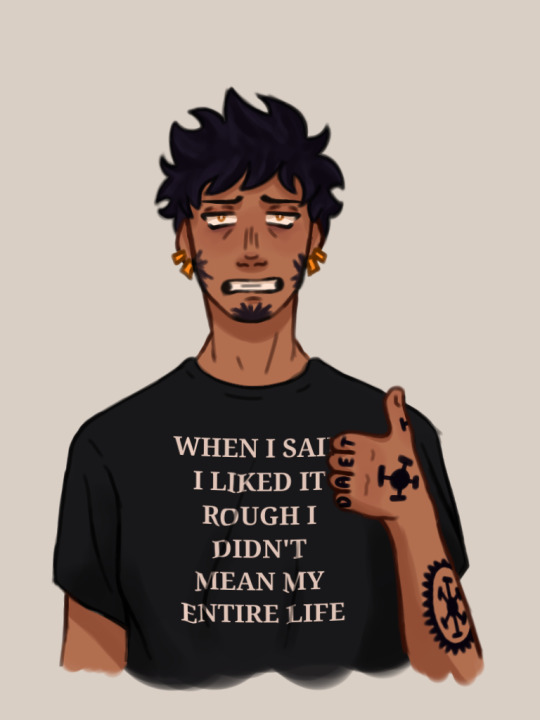

I saw this photo and really didnt have any other choice
#trafalgar law#trafalgar d water law#law one piece#someone help him#idk if someone already did this#but i saw it and knew it had to be done
2K notes
·
View notes
Text
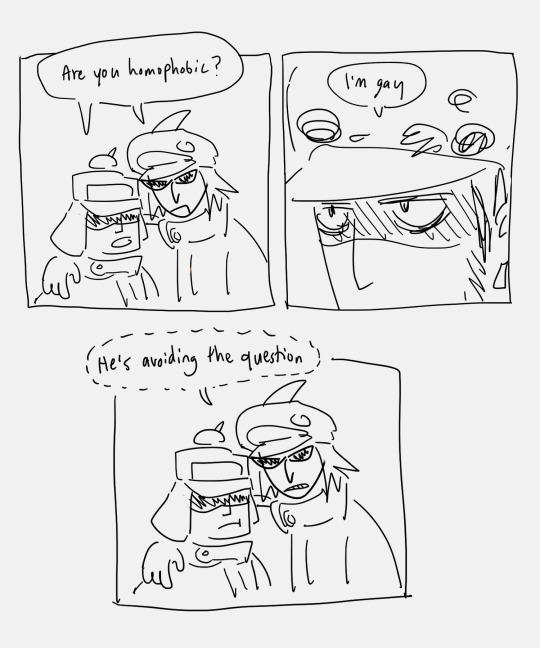


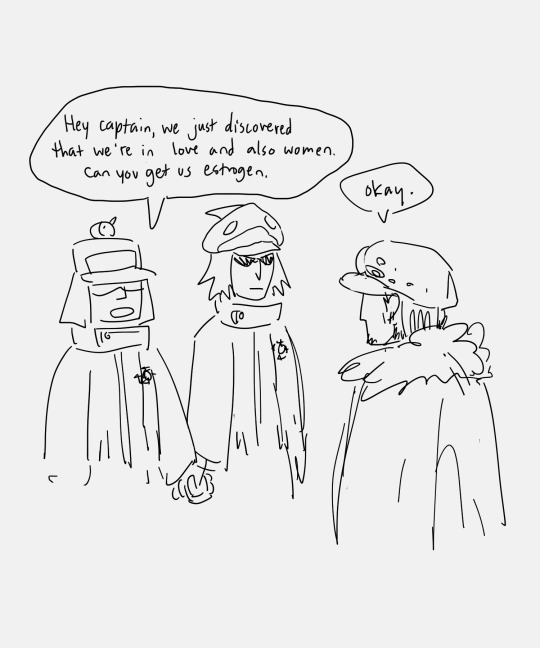
been on a heart pirates kick lately
#theyre so silly and easy to draw#one piece#heart pirates#penguin one piece#shachi#trafalgar law#bepo#i saw some art on twitter of fem penguin and shachi and it awoke something within me#my art
3K notes
·
View notes
Text

dont ask me abt baseball do i look like i sport at any capacity
#insert catcher pitcher joke here#one piece#trafalgar law#eustass kid#eustass kidd#killer???#i had this idea like some night ago and then forgot abt it and then remembered it again bc i saw khr yamamoto takeshi on my dash#anyway im going back to strike and zine dungeon#edit. i headcanon kid as a leftie but i cant pass up the silhouette similarity of his metal hand = baseball glove
1K notes
·
View notes
Text

I think a lot abt the panel in wano of law saying “I don’t really do murder seeing as I’m a doctor”
#one piece#one piece law#monkey d. luffy#op bepo#trafalgar law#trafalgardwaterlaw#also I saw someone refer to him as the narratives favorite punching bag and that’s where this came from#I hope him and kid end up on elbaph#my art#nsfo
1K notes
·
View notes
Text
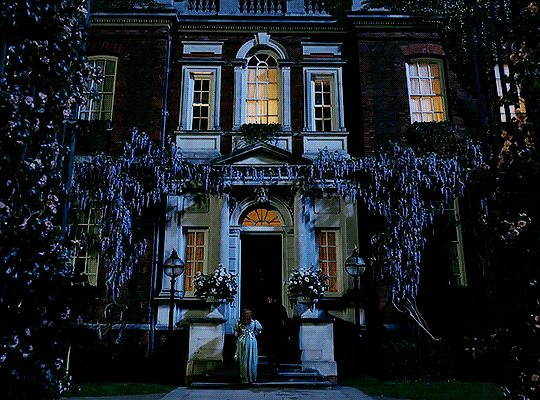
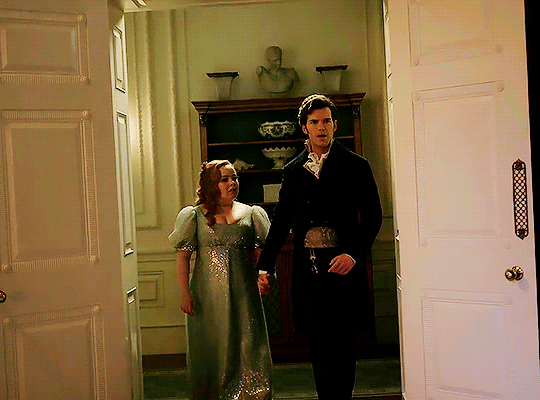
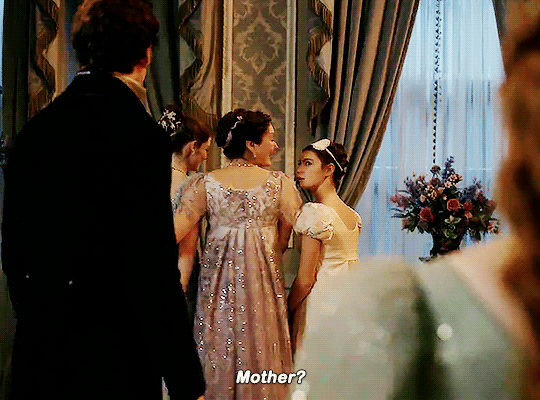

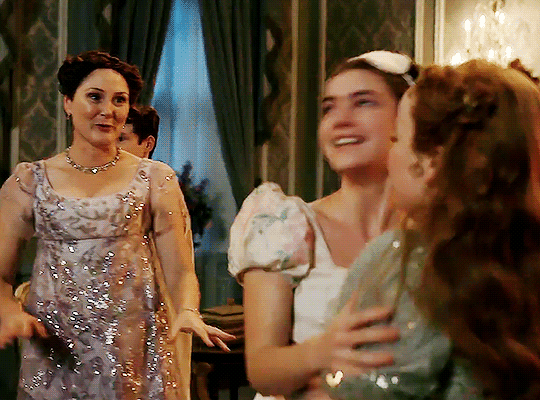
#bridgertonedit#polinedit#bridgerton#tvedit#colin bridgerton#violet bridgerton#penelope featherington#hyacinth bridgerton#eloise bridgerton#francesca bridgerton#userteresa#userfarahz#tusertha#userscully#mygifs#bridgertongif#penelope NEEDED that hug from violet :3 :#she needs a loving family and she finally feels welcome like obviously she did before but really feels it#hope we get the book scene where colin leaves pen with the bridgerton's as he plans what to do with cressida#as we saw in queen charlotte young violet was a lot like penelope growing up pen NEEDS this mother-in-law what she's been wanting#pen is also shitting bricks she's so scared of bein there with eloise here
786 notes
·
View notes
Text
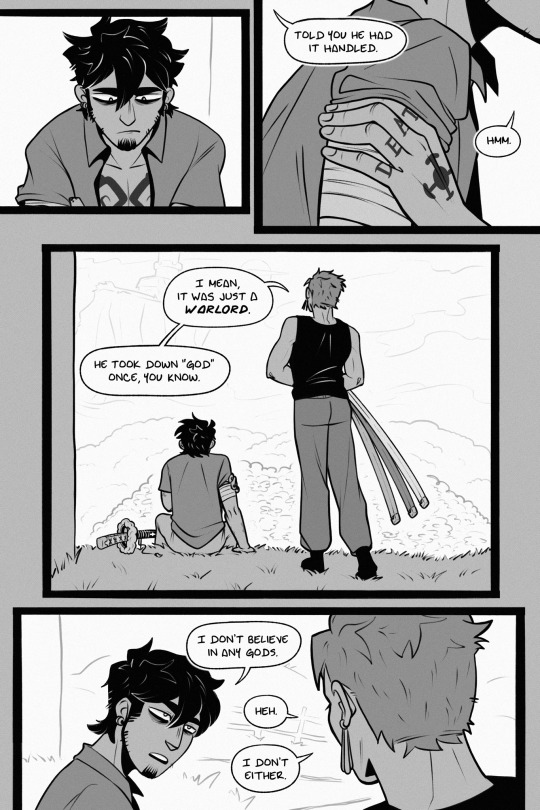

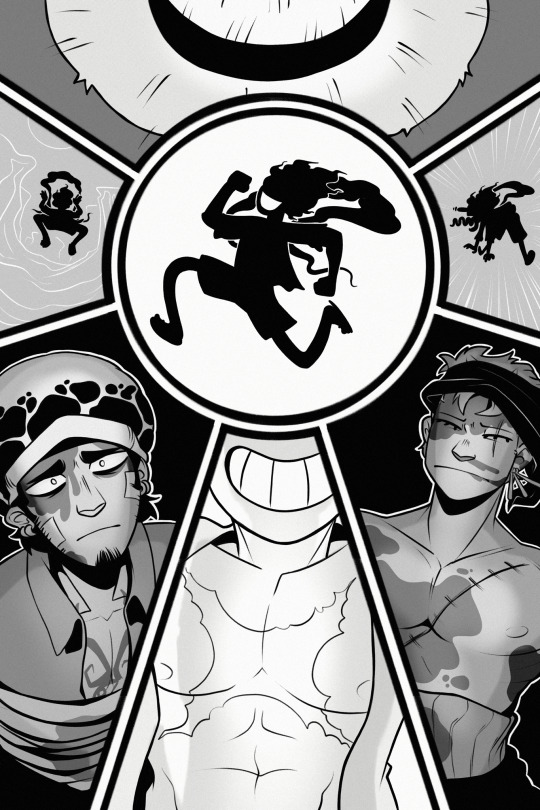
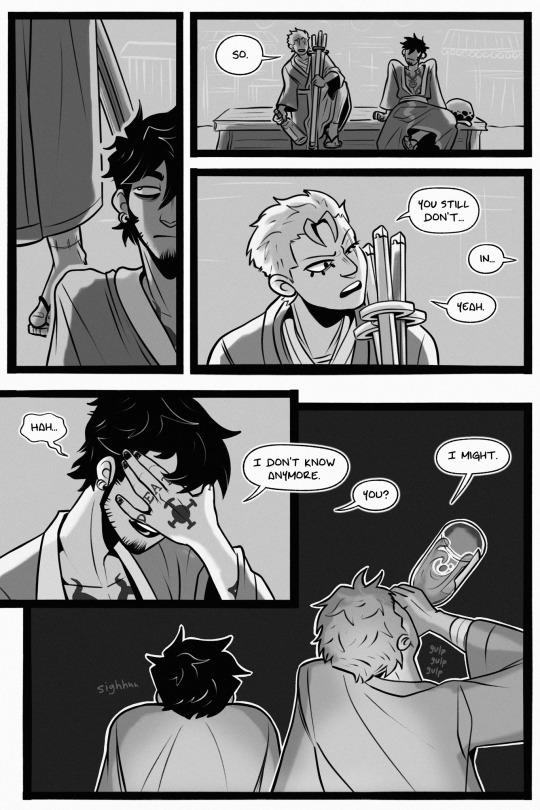
crisis of disbelief
#one piece#trafalgar law#zoro#luffy#‘what ship is this’ sure#lulaw? luzo? law…zo? or is it zolaw. none of these sound like words anymore#well i guess bc they aren’t. they aren’t real words#‘law and zoro never really saw gear 5’ yeah. law saw his giant head in the roof and zoro was basically dead#they felt That tho#and finally#‘i thought you were taking a much needed rest break after weekly comics’#yeah well. i need a new brush bc my old one kills my wrist and there is a STEEP learning curve for me ://#it’ll get easier right. it’ll look better right. RIGHT?!
8K notes
·
View notes
Text

40👒&47🐯
#one piece#op fanart#monkey d. luffy#trafalgar law#lulawlu#remembered how i saw someone hc that laws hat is made from bepos fur and i was like. what if older laws coat...
662 notes
·
View notes
Text
I get this impression that House of the Dragon doesn't get that "named" heirs aren't really the norm in Westeros. If it were that easy for someone to just give everything to their favorite child, Randall Tarly wouldn't have needed to force Sam to go to the Wall and Tywin could have simply chosen Cersei over Tyrion as heir of Casterly Rock.
If we look at the history Westeros borrows from, the concept of "naming" heirs wasn't really a thing in medieval England. Landed gentry didn't have direct say over the order of succession until the Statute of Wills in 1540. Before then, land and subsequent titles could only be inherited through agnatic primogeniture.
Agnatic primogeniture prioritized the living, eldest, trueborn son. Claims can only be passed on patrilineally. This means that a grandaughter can inherit a claim of her grandfather's titles through her father, but a grandson cannot be given the same through his mother. However, if his mother finally does have land and titles under her own name (not under her father's), only then does her son and other children enter the line of succession.
The reason it was like this was because it kept land and titles under one family. Daughters are less preferred because when they are married, they become part of their husband's family — meaning that any titles they receive will be inherited through a new line. This wouldn't be an ideal situation because it gives two families claims to the titles. The more claimants there are, the more unstable the hold the owner has.
In other words, agnatic primogeniture was practiced for stability. Because back in the day, titles weren't just property or land. They came with governorship over a people, so a stable and predictable transfer of titles was necessary to avoid civil conflicts and questions of legitimacy.
A landed lord or lady wasn't given the right to designate heirs for a few reasons:
Most of them were vassals who oversaw the land in the name of someone higher up. It technically isn't even theirs to give away (see: feudal land tenure).
The wishes of a human being are less predictable than having a determined line of succession based on birth order. What if he becomes incapable of declaring an heir either through illness or disability? What if he's captured and a bad actor forces him to name this person heir under threat of violence?
People died unexpectedly all time. This was before germ theory and modern medicine — child mortality was extremely high. With no refrigeration technology, a single poor harvest could mean dying from starvation. Bandits, cutthroats, and raiders were a constant threat. They could not afford to rely on a person choosing a different heir every time the old heir drops dead, because the landed lord/lady could die just as suddenly.
Even 21st century families stab each other in the back over who gets grandma's house — so imagine having an uncertain line of succession in the middle ages over a life-defining lordship and without a modern-day court system to mediate.
Going back to HotD, whenever Targaryens did go against the established line of succession, they could only have done it by consolidating the support of their vassals. Only royalty seemed to have the power to bend agnatic primogeniture, but even then they were beholden to it.
When Jaehaerys I ascended the throne over Aerea, it was mainly because there were those who saw Maegor the Cruel's act of disinheriting Jaehaerys as null and void. This restored Jaehaerys place in the line of succession above Aerea.
And when Rhaenys was passed over for Baelon, Jaehaerys had to convene his lords and offer compelling reasons as to why — her young age, her lack of an heir, her Velaryon last name, etc. It wasn't a given that just because she was a woman that she was ineligible. If he was doing it purely out of misogyny, he still had to legally justify his misogyny in order to strip away her rights.
Even after consolidating support, the book mentions Jaehaerys I and Viserys I's respective hold on the crown was still weakened. Even though their claims were backed by reasons cosigned by a powerful majority, they still had to ensure the security of their rule through other means. There were people who doubted their right to rule, and those people had to be placated with gifts (by Viserys) or intimidated into submission (by Jaehaerys).
So we come to Viserys I who never gave his vassals a reason why Rhaenyra should supercede his three sons other than, "I said so." Had he convened with his lords and maybe made the argument that a first marriage takes precendence over a second one, then maybe he could have set a new precedent and gathered support.
But no, he didn't. He relied on the power of his own words and the lords' personal oaths — oaths that he didn't exactly plan how he would enforce posthumously.
And the Realm did not choose to adopt a different succession law after Jaehaerys's designation of Baelon in 92 AC or the Council of Harrenhal choosing Viserys on 101 AC. If those two events did change anything, it was that now women were exempt from the line of succession for the crown and only the crown. It did not set the precedence that monarchs could freely choose heirs. It did not upend the whole system; it only made a tweak, as most lawful policy-changes do, by carving out at an exception. It was a committee, not a revolution.
Before and after the Dance, no other monarch, lord, or lady "declared" an heir that went against agnatic primogeniture, save for Dornish who have cognatic (equal-gender) primogeniture instead. Ramsay had to get rid of Roose Bolton's living trueborn son AND be legitimized by the crown in order to be recognized as heir (only a crowned monarch can legitimize baseborn children which is another world-building pillar a lot of people miss). Randall basically had to force Sam to abdicate because he wanted his younger brother to inherit instead. And of course, Tywin despite his intense hatred of Tyrion is forced to acknowledge him as his heir.
The rigidity of the line of succession is a major and constant source of conflict in the series, so it baffles me that people really thought that characters could just freely choose their heirs. That's why we have a civil war. It wasn't a misunderstanding. It's the expected consequences of someone carelessly going against a foundational tenent of the society they inhabit.
#long post#a song of ice and fire#house of the dragon#hotd#had to write this up cause i saw someone insisting fire and blood showed “naming heirs” was the succession law when that's patently untrue#asoiaf#agnatic primogeniture#medieval inheritance law#a lot of character conflict stems from the fact that they can't just choose an heir#hotd critical#Phew and this is the last time I'm writing about this topic because i do not want to invite more fandom discourse
913 notes
·
View notes